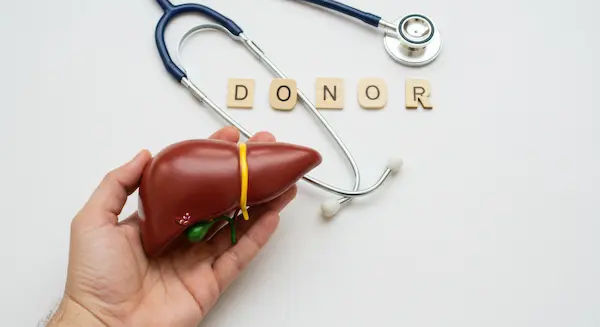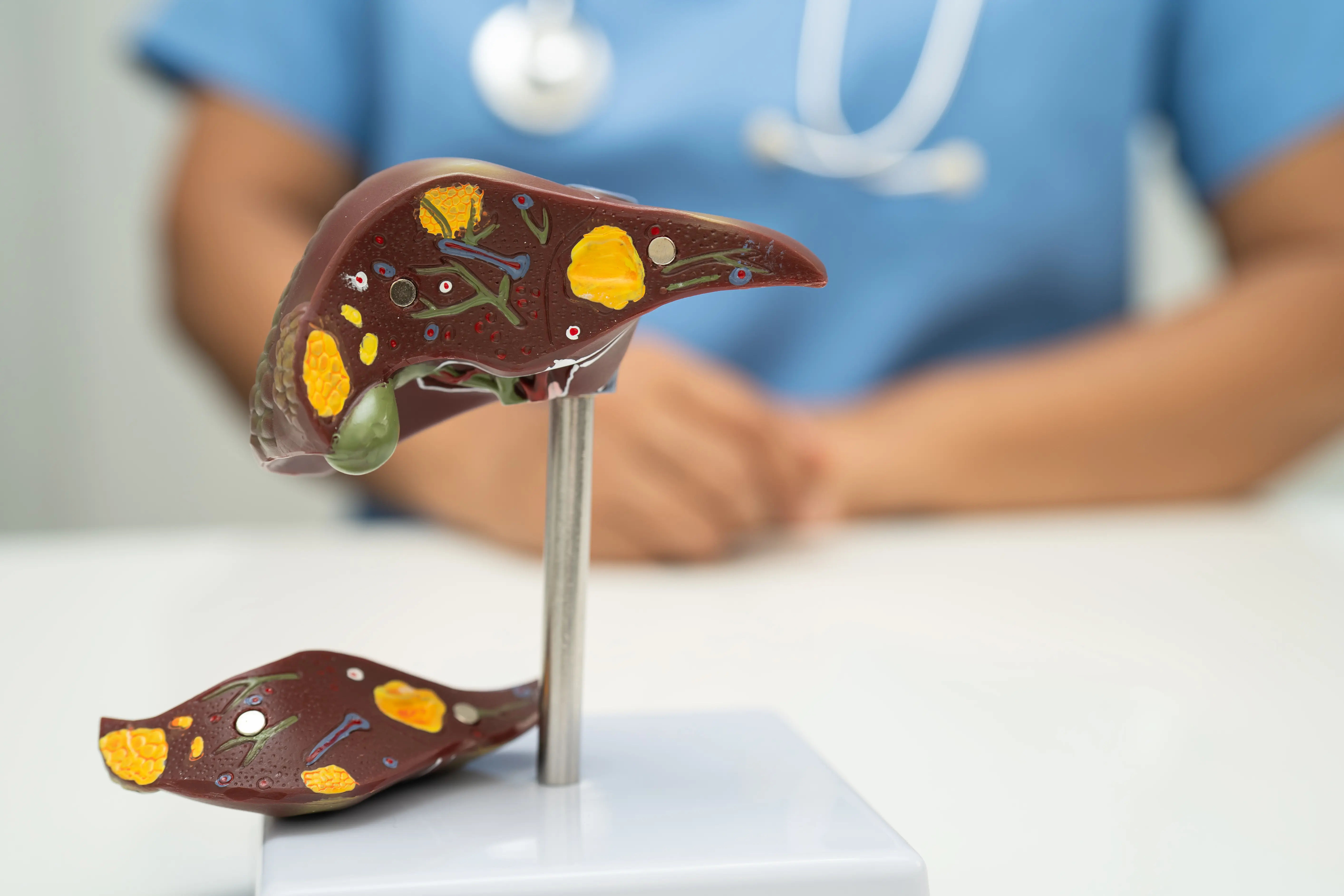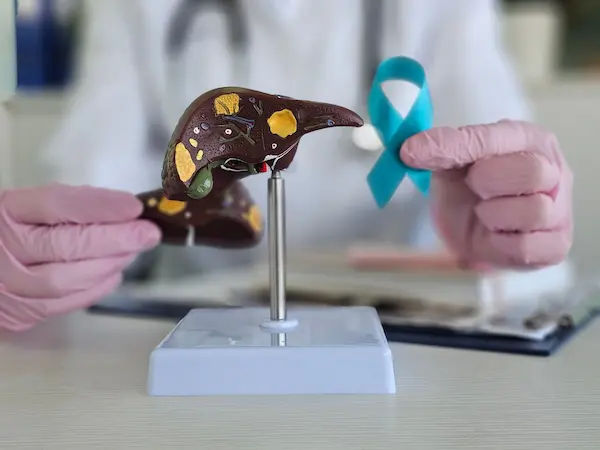Life After Liver Transplant For Donor
Curious about life after liver donation? Learn about recovery, liver regeneration, long-term health, and tips for a smooth return to normal life after donating part of your liver.

Written by Dr. Rohinipriyanka Pondugula
Reviewed by Dr. Shaik Abdul Kalam MD (Physician)
Last updated on 21st Jul, 2025

Introduction
Undergoing a liver transplant as a donor is a courageous and selfless act. Whether you donated a portion of your liver to a loved one or through a paired exchange program, your contribution has given someone a second chance at life. However, it’s natural to have questions about recovery, long-term health, and lifestyle adjustments after the surgery. This article will guide you through what to expect after donating a liver and how to take care of yourself post-transplant.
Understanding Liver Donation
Liver donation is unique because the liver is the only organ that can regenerate. When a portion of a healthy liver is removed, the remaining liver grows back to nearly its original size within a few months. This makes living liver donation possible.
There are two types of liver donors:
1. Living Donor – A healthy person donates a portion of their liver.
2. Deceased Donor – A donor’s liver is used after brain death.
Since this article focuses on living donors, we’ll discuss recovery and life after a partial liver donation.
Consult Top Specialists for Personalised Liver Health Advice
Immediate Recovery After Surgery
The days right after liver donation are critical for healing and monitoring.
Hospital Stay (5-10 Days):
- You’ll spend a few days in the ICU for close monitoring.
- Pain management will be provided to keep you comfortable.
- You’ll gradually start walking with assistance to prevent blood clots.
- Doctors will monitor liver function, hydration, and wound healing.
First Few Weeks at Home:
- Rest is crucial – Avoid heavy lifting or strenuous activities.
- Follow-up visits – Regular check-ups ensure your liver is regenerating well.
- Diet & Hydration – Eat small, nutritious meals and drink plenty of water.
- Pain Management – You may experience discomfort, but it improves over time.
Long-Term Recovery & Health
As your body continues to heal, your liver begins regenerating and your strength gradually returns.
Liver Regeneration (3-6 Months):
- Your liver will regrow to about 85-90% of its original size.
- Blood tests will track liver function until full recovery.
Physical Activity & Work:
- Light activities (walking) can resume within weeks.
- Heavy exercise or contact sports should be avoided for 2-3 months.
- Most donors return to work in 4-8 weeks, depending on job demands.
Diet & Nutrition:
- Eat a balanced diet – Include proteins, whole grains, fruits, and vegetables.
- Avoid alcohol – At least for the first few months; consult your doctor before resuming.
- Stay hydrated – Helps liver function and overall recovery.
Potential Risks & Complications
While liver donation is generally safe, some risks include:
- Infection – Proper wound care reduces this risk.
- Bleeding or blood clots – Early movement and medication help prevent them.
- Bile leakage – Rare but may require additional treatment.
- Hernia at incision site – Avoid heavy lifting to prevent this.
- Most complications are temporary and manageable with medical care.
Emotional & Psychological Well-being
Donating an organ can be emotionally intense. Some donors experience:
- Pride & fulfilment – Knowing you’ve saved a life.
- Anxiety or guilt – Worrying about the recipient’s recovery.
- Post-surgery blues – Fatigue and mood swings are common.
Tips to Cope:
- Talk to a counsellor – Many transplant centres offer support.
- Connect with other donors – Sharing experiences can be reassuring.
- Give yourself time – Emotional recovery takes as much care as physical healing.
Life After Full Recovery
Once fully healed, most donors lead completely normal lives. However:
- Regular check-ups – Annual liver function tests may be recommended.
- Healthy lifestyle – Maintain a good diet, exercise, and avoid excessive alcohol.
- No restrictions on pregnancy – Women can conceive after full recovery.
When to Seek Medical Help?
Contact your doctor if you experience:
- High fever or severe pain
- Yellowing of skin (jaundice)
- Swelling or redness at the incision site
- Persistent nausea or fatigue
Final Thoughts
Being a liver donor is a remarkable act of kindness. While recovery takes time, most donors return to their normal lives with no long-term health issues. By following medical advice, eating well, and allowing your body to heal, you can ensure a smooth recovery.
If you have concerns or need post-donation care, Apollo 24|7 offers expert consultations and follow-up tests. You can easily book an appointment through the Apollo 24|7 app or website.
Consult Top Hepatologists
Consult Top Specialists for Personalised Liver Health Advice

Dr. Srinivasa Reddy
Hepatologist
12 Years • MBBS, MD (General Medicine), DM (Hepatology),ASGE
Hyderabad
Myra Liver & Gastro Care, Hyderabad

Dr. E Prabhakar Sastry
General Physician/ Internal Medicine Specialist
40 Years • MD(Internal Medicine)
Manikonda Jagir
Apollo Clinic, Manikonda, Manikonda Jagir
(125+ Patients)

Dr. Sushith C
General Physician
2 Years • MBBS
Bengaluru
PRESTIGE SHANTHINIKETAN - SOCIETY CLINIC, Bengaluru

Dr U V U Vamsidhar Reddy
Hepatologist
10 Years • MBBS, MD (JIPMER), DM (Hepatology, PGIMER)
Chennai
Apollo Hospitals Greams Road, Chennai
(100+ Patients)

Dr. Aakash Garg
Gastroenterology/gi Medicine Specialist
12 Years • MBBS, DNB (Medicine), DrNB (Gastroentrology).
Bilaspur
Apollo Hospitals Seepat Road, Bilaspur
(125+ Patients)
Consult Top Hepatologists

Dr. Srinivasa Reddy
Hepatologist
12 Years • MBBS, MD (General Medicine), DM (Hepatology),ASGE
Hyderabad
Myra Liver & Gastro Care, Hyderabad

Dr. E Prabhakar Sastry
General Physician/ Internal Medicine Specialist
40 Years • MD(Internal Medicine)
Manikonda Jagir
Apollo Clinic, Manikonda, Manikonda Jagir
(125+ Patients)

Dr. Sushith C
General Physician
2 Years • MBBS
Bengaluru
PRESTIGE SHANTHINIKETAN - SOCIETY CLINIC, Bengaluru

Dr U V U Vamsidhar Reddy
Hepatologist
10 Years • MBBS, MD (JIPMER), DM (Hepatology, PGIMER)
Chennai
Apollo Hospitals Greams Road, Chennai
(100+ Patients)

Dr. Aakash Garg
Gastroenterology/gi Medicine Specialist
12 Years • MBBS, DNB (Medicine), DrNB (Gastroentrology).
Bilaspur
Apollo Hospitals Seepat Road, Bilaspur
(125+ Patients)



